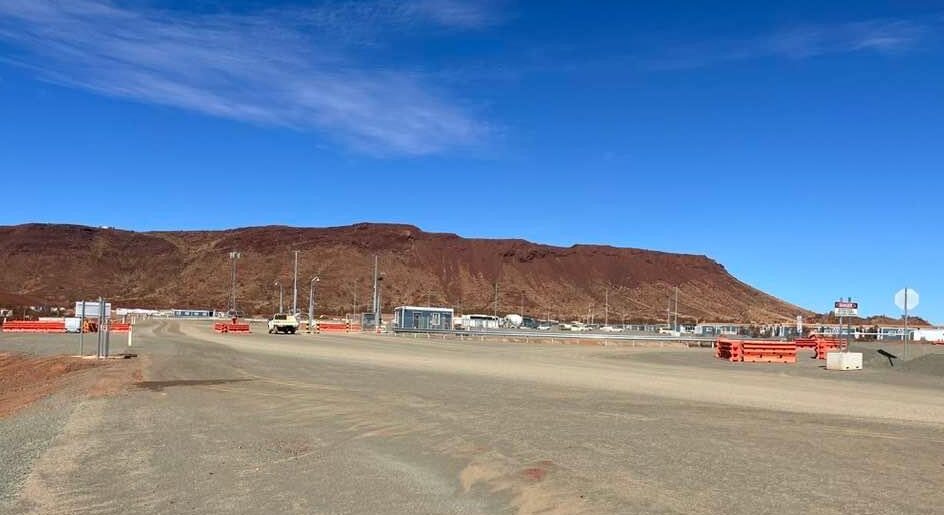In early March of this year, ETU National officers Yolla Abousleiman (National Employment & Industrial Lawyer) and Matt Murphy (National Industry Coordinator) joined ETU WA Organiser Paul Ferreira for a round of organising visits throughout the Pilbara in the Northwest of WA.
These visits were aimed to offer our East Coast representatives’ firsthand insight into the working conditions and workplace realities being faced by our members in the region.
National Officers visited members employed in the construction and operation of iron ore and gas projects throughout The Pilbara.
National officers met with Civmec members at Rio Tinto Western Range, Paraburdoo. With Matea Electrical Members at Woodside Karratha Gas Plant and Woodside Pluto. And with Bechtel Members at the Woodside Pluto 2 Project.
Throughout these meetings, the National Officers provided briefs on:
– The current legal matters relating to Matera members including back wages claims
– The role of the National Office in the organising, legal, industrial, regulatory and policy and political areas of our union
– The importance that we recruit an additional 32,000 electrical workers required by 2030 and the 85,000 required by 2050 in renewables to get Australia to its renewable targets
During these visits, ETU Members took the opportunity to engage and detail the big issues affecting their industries while also talking through the day-to-day issues they are facing.
The ETU WA Branch has achieved significant growth in membership in the Pilbara and is moving to have two officials based full-time in Karratha to organise and represent workers in the Northwest.
The National officers that participated in the trip have fostered a deeper understanding and appreciation of the challenges faced by members in the Northwest. The time spent in the Pilbara region shed light on the unique working conditions members endure and the significant distances they must travel on a daily basis.
Firsthand experiences of these regional workplaces and an insight into the geographic uniqueness members work in, has equipped our national officers to better incorporate these considerations into their representation and advocacy efforts.
It is imperative that the voices and needs of all members, regardless of location, are heard, addressed, and championed.
